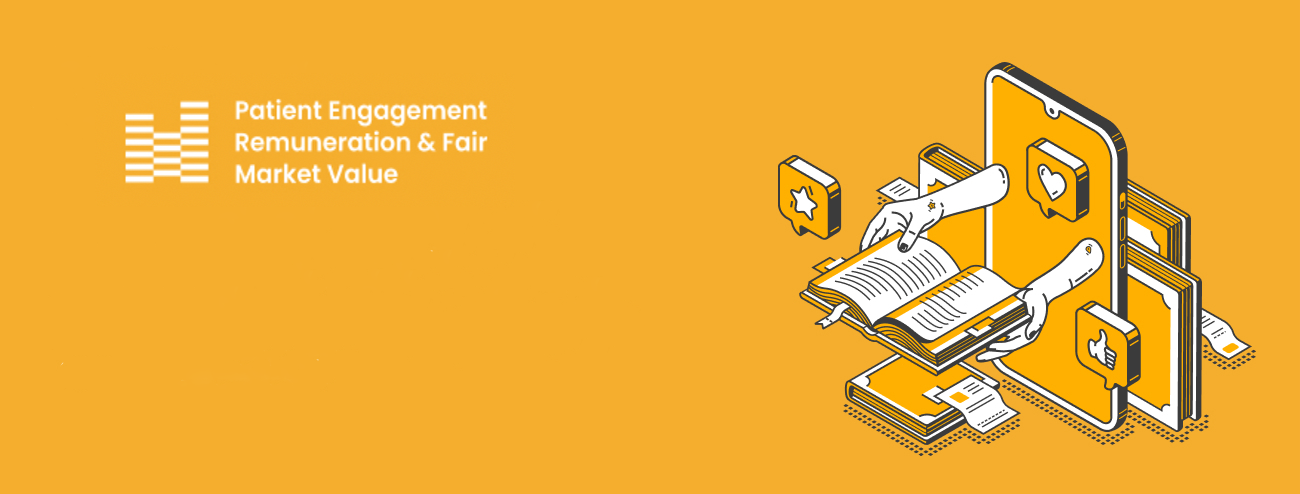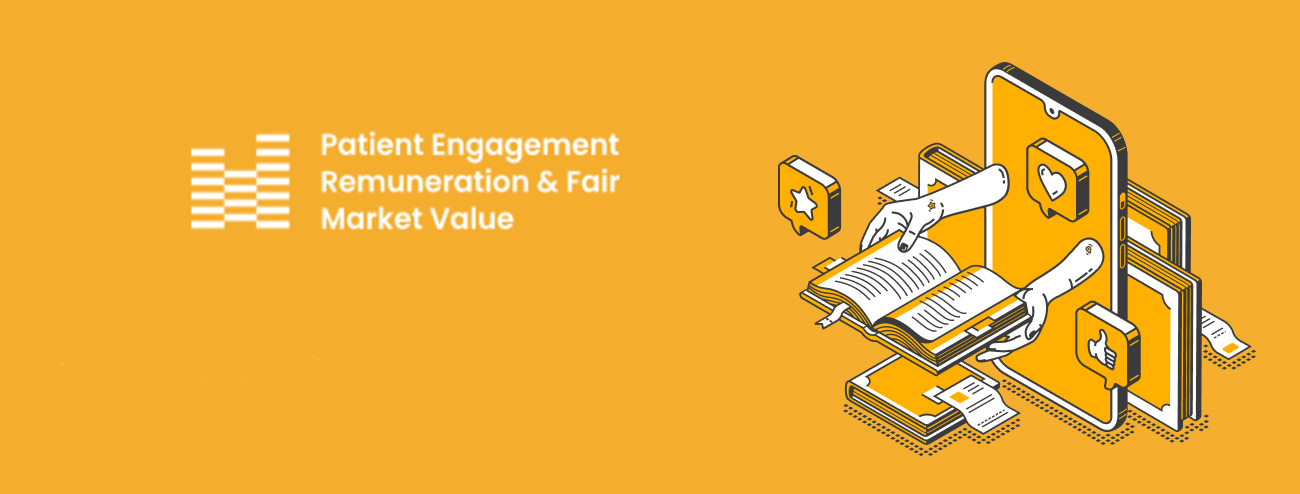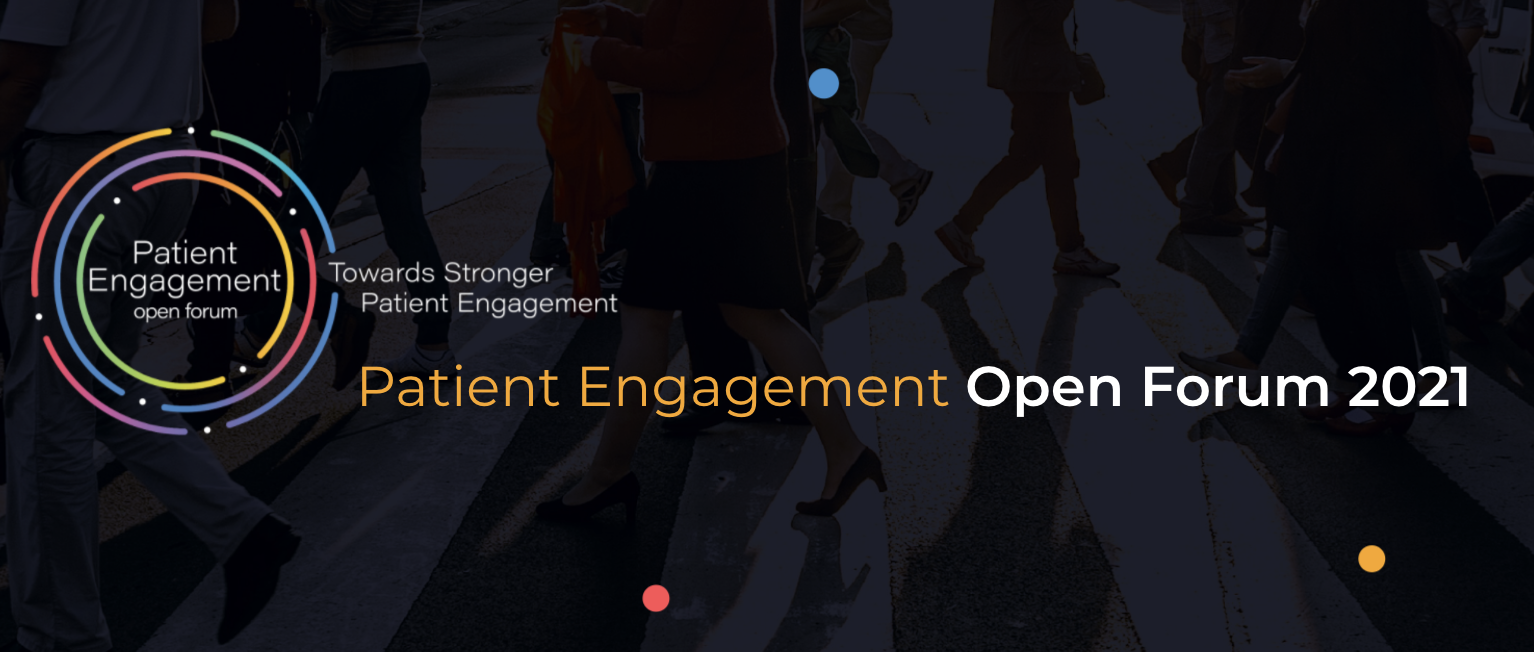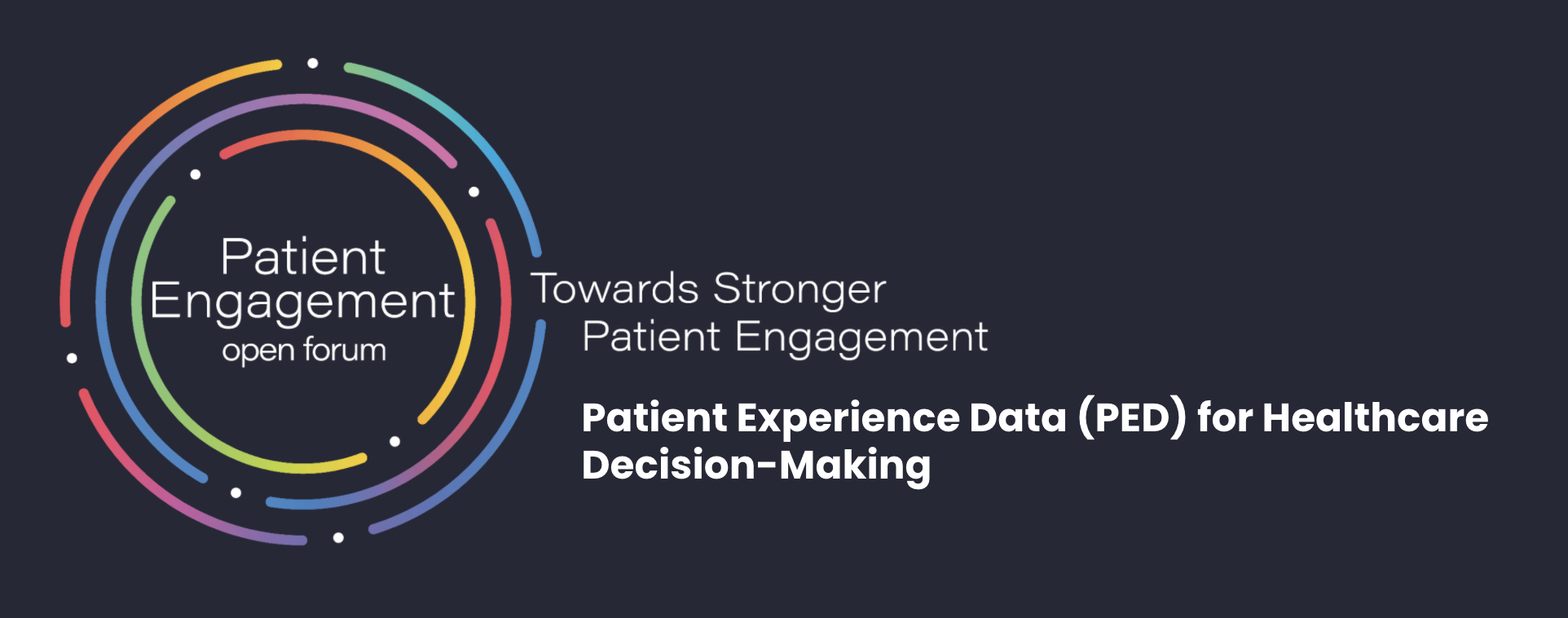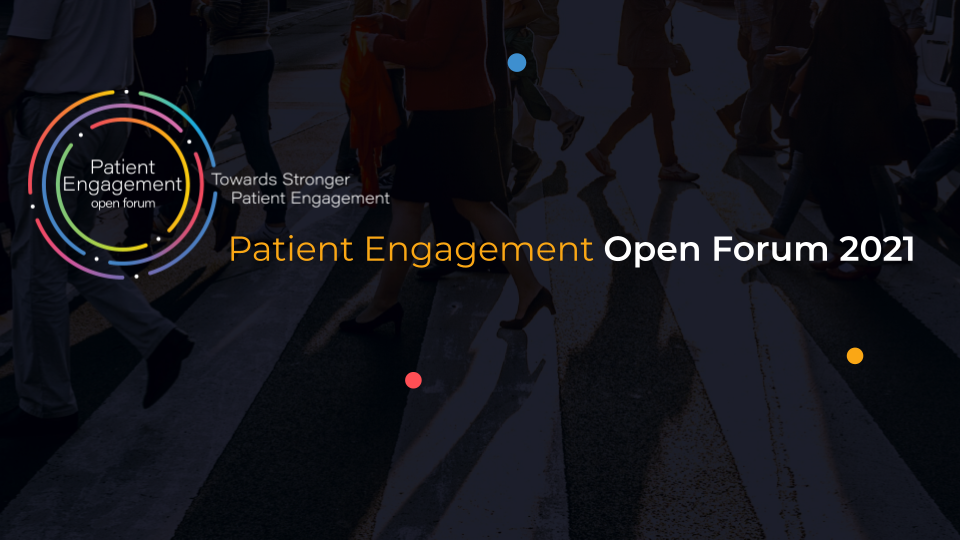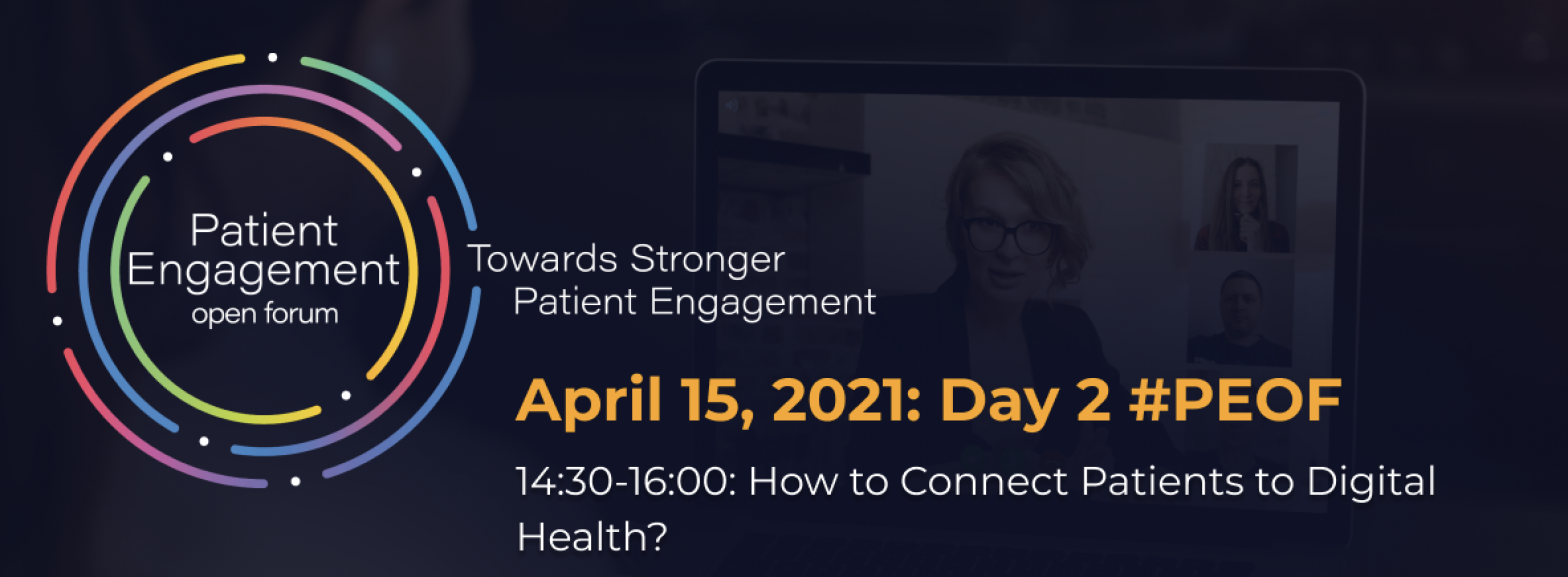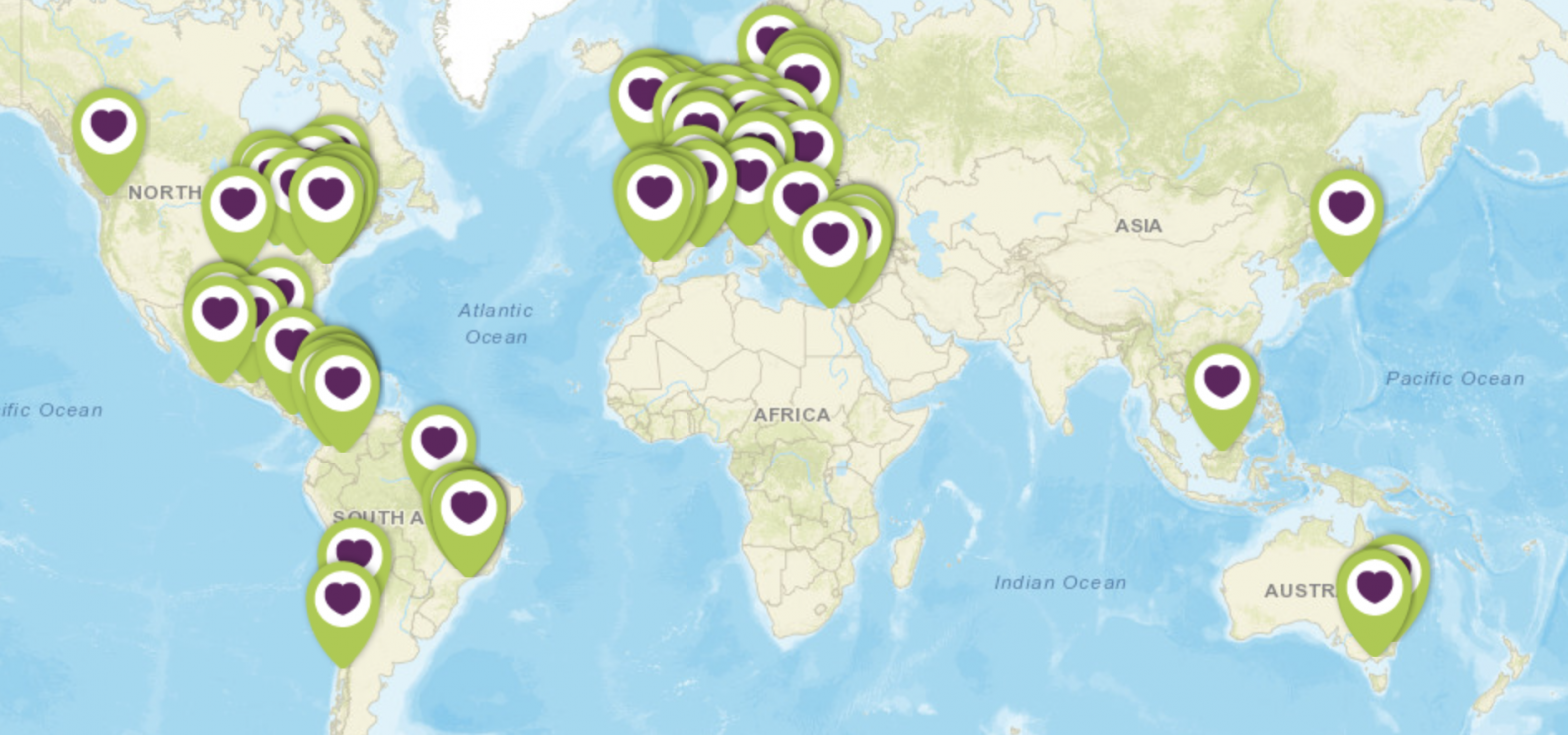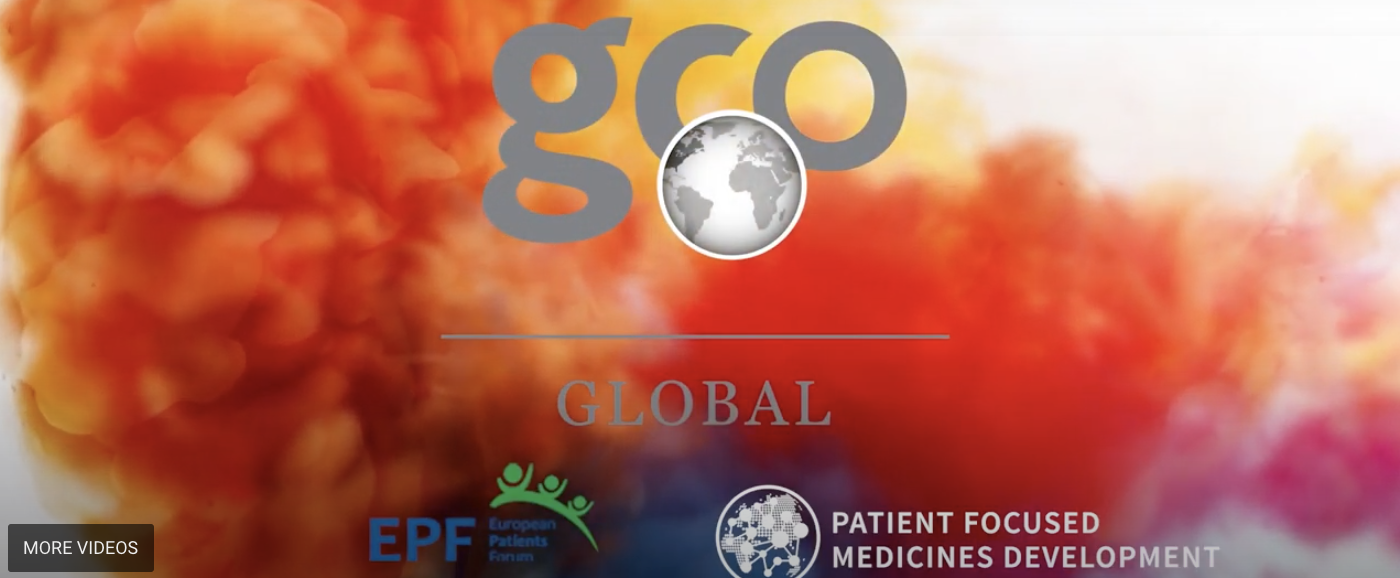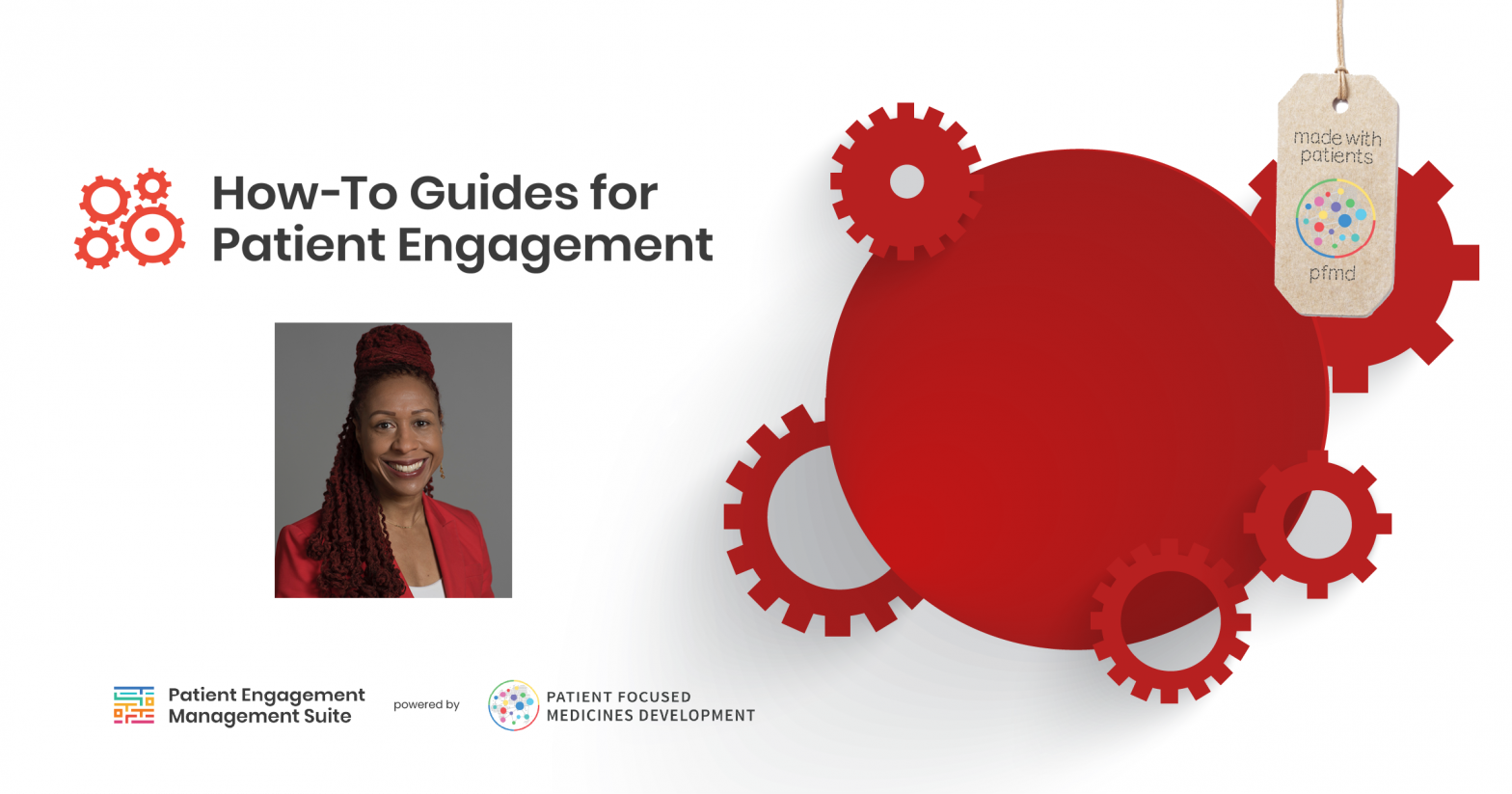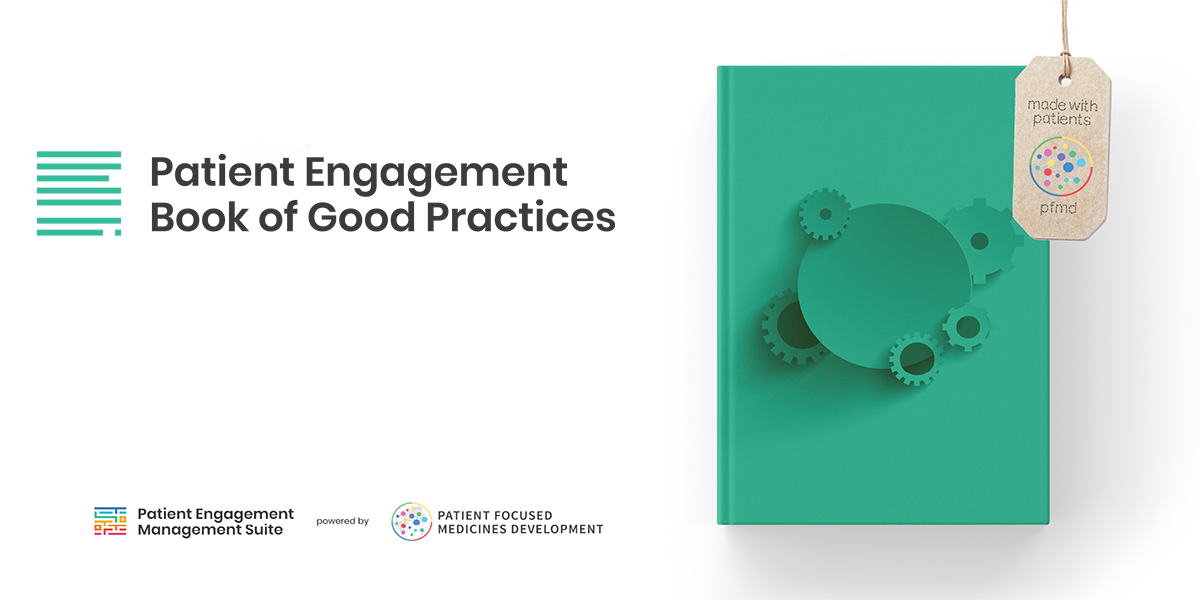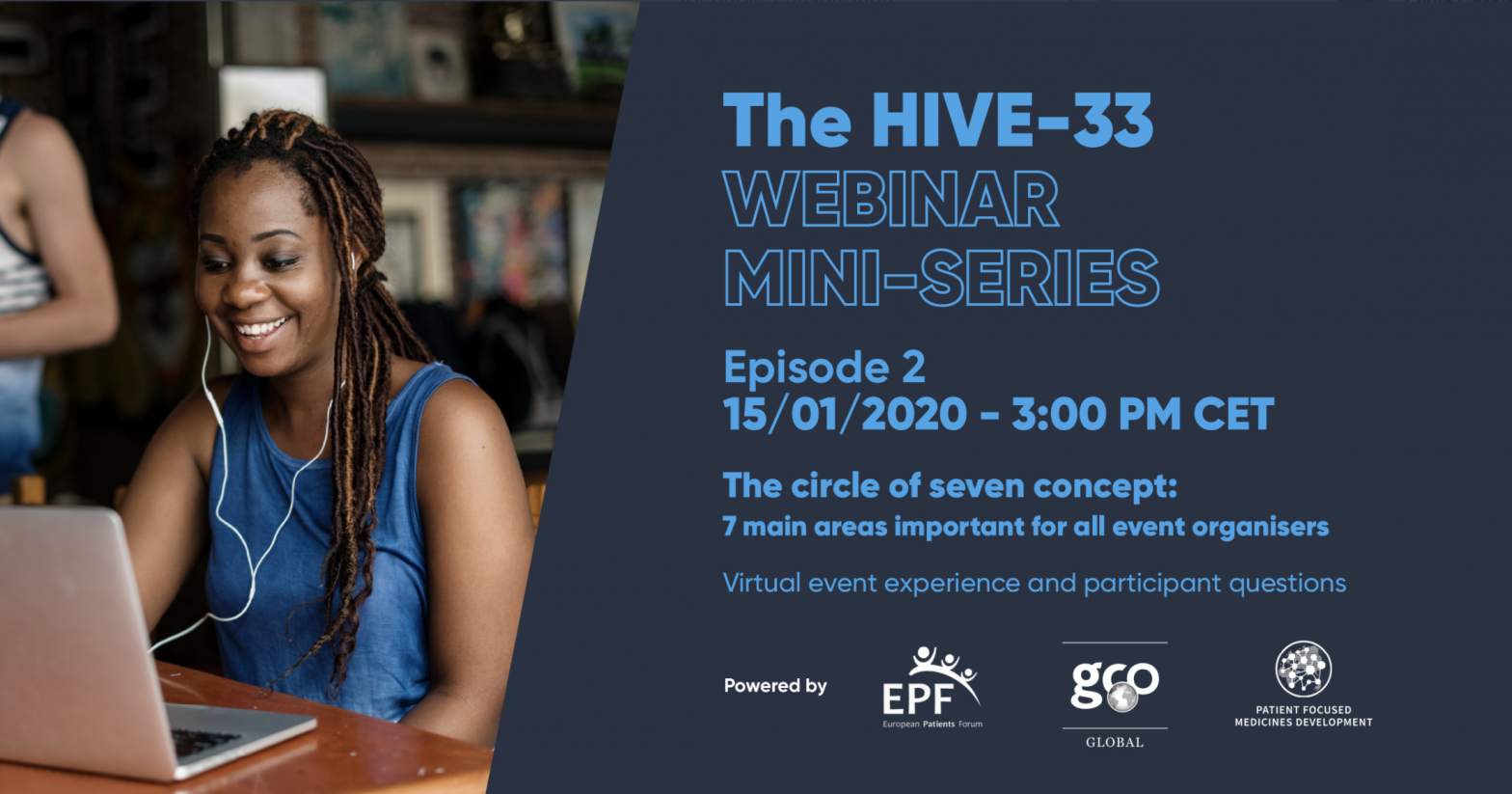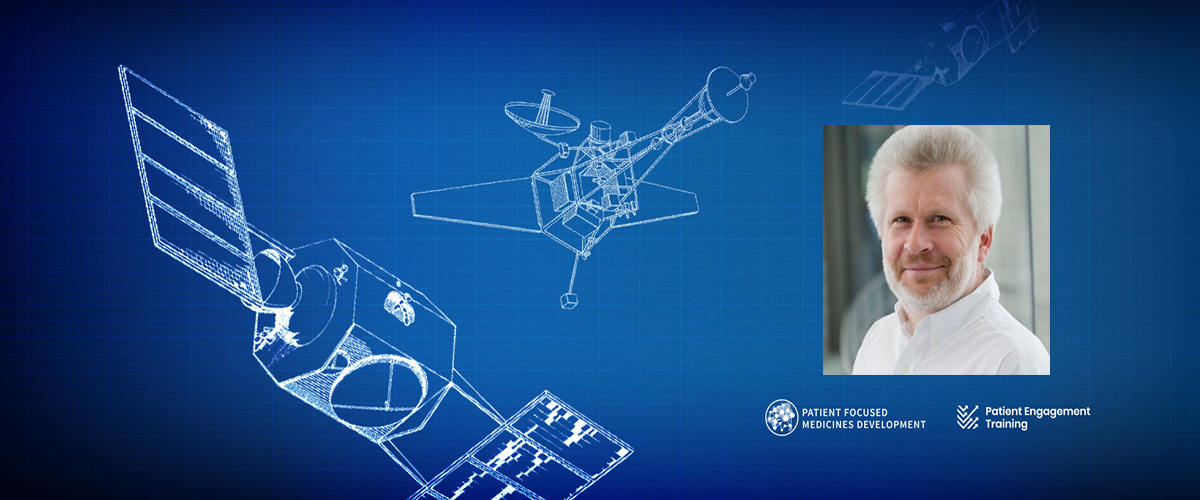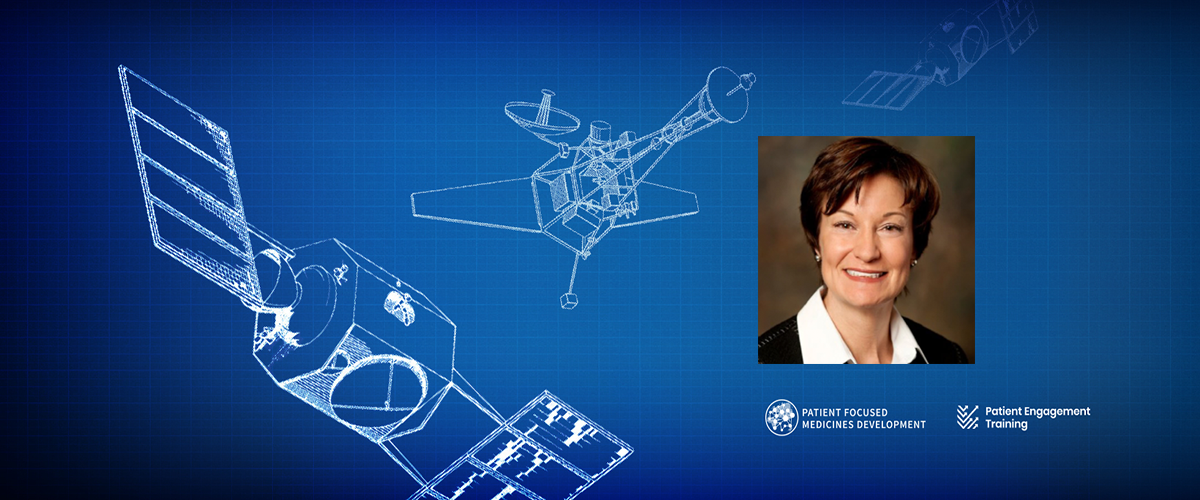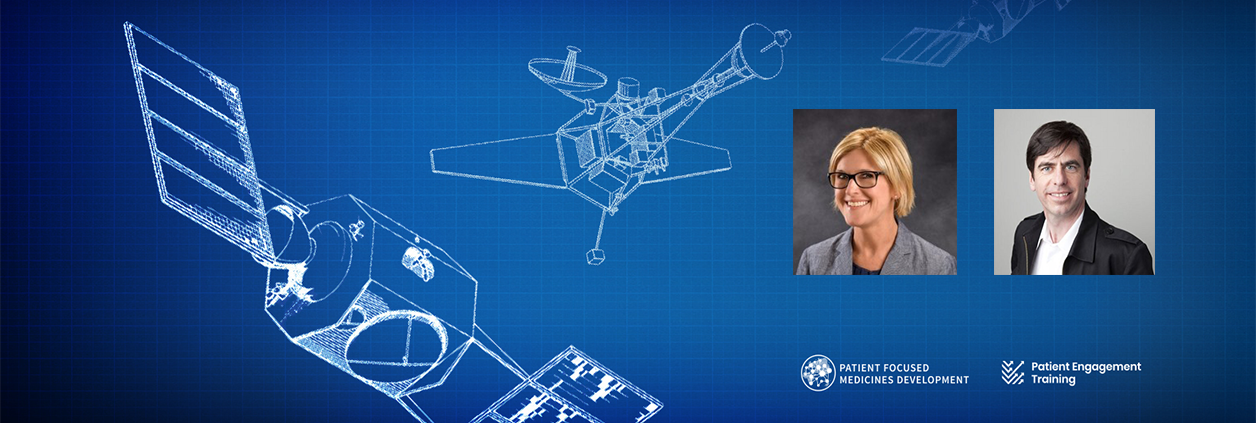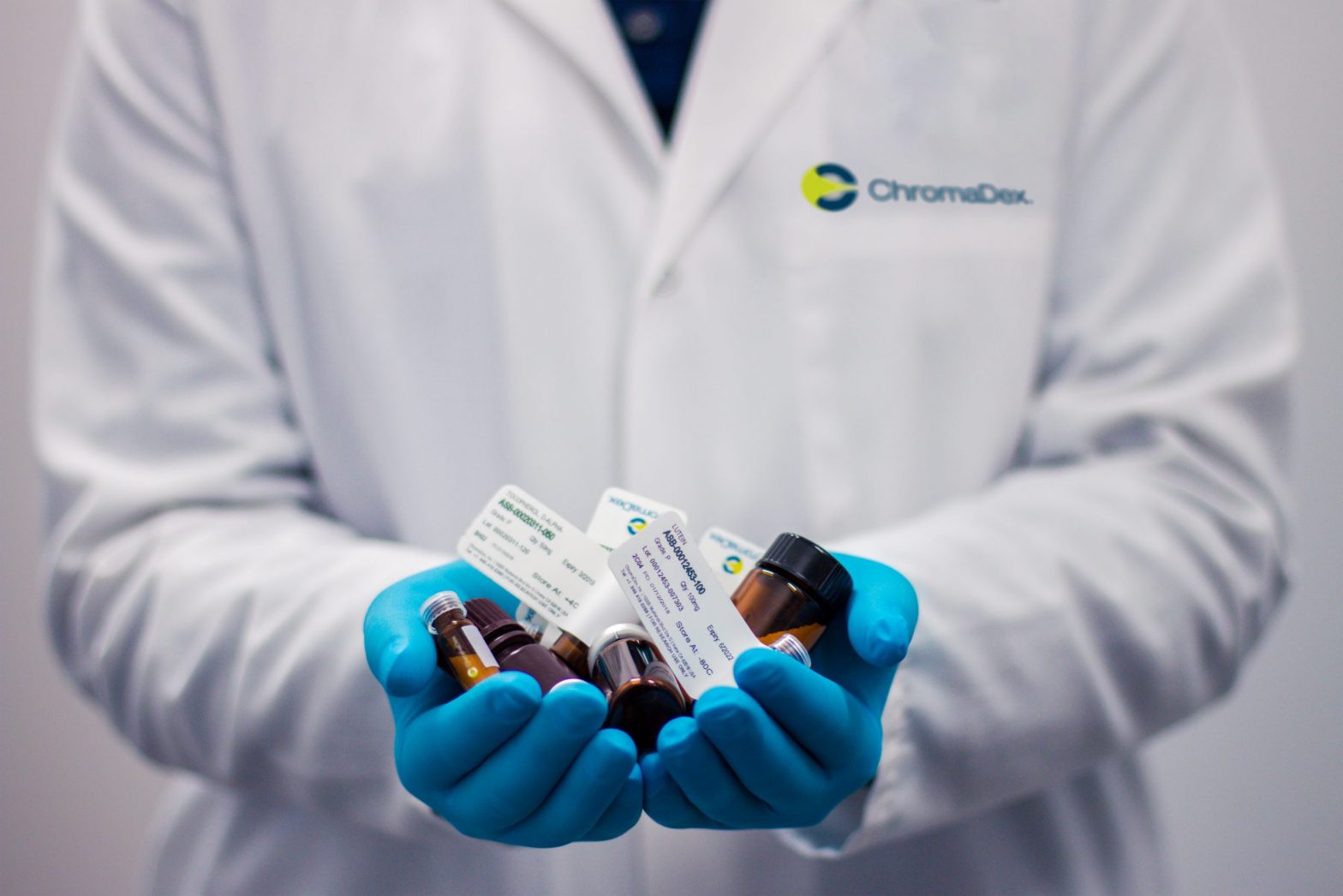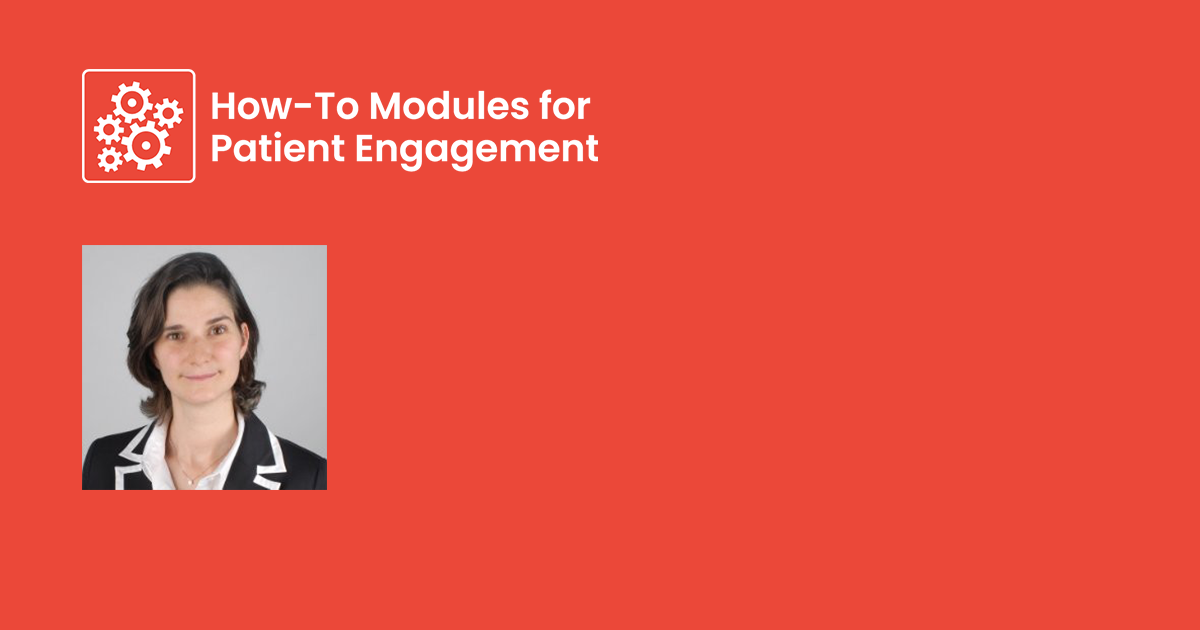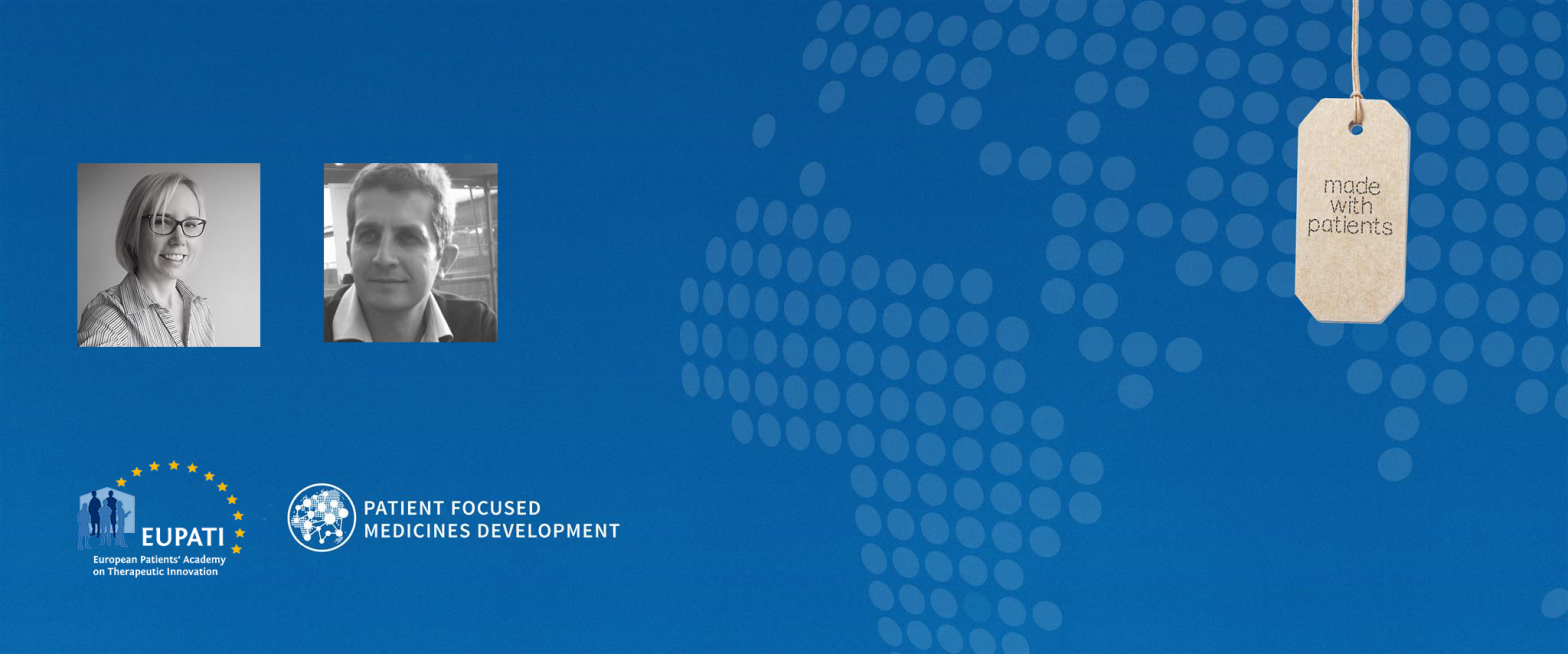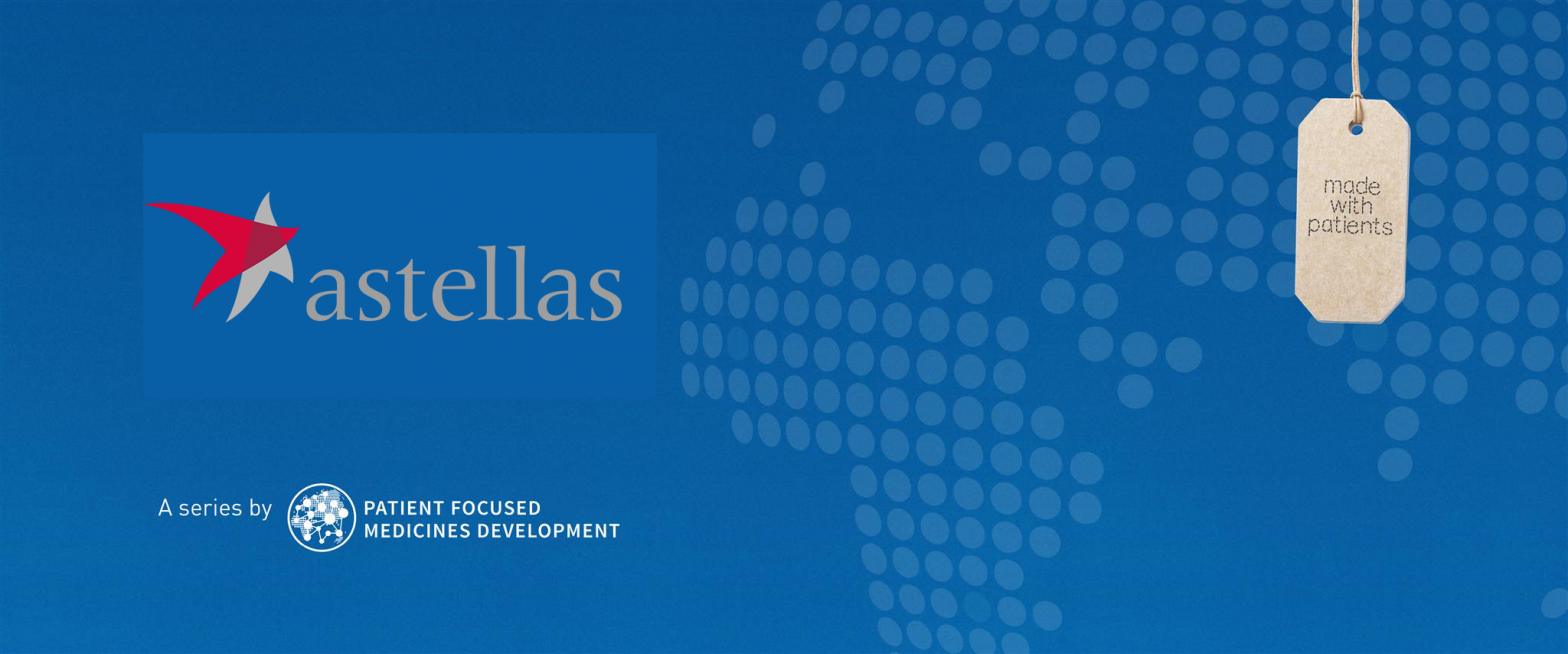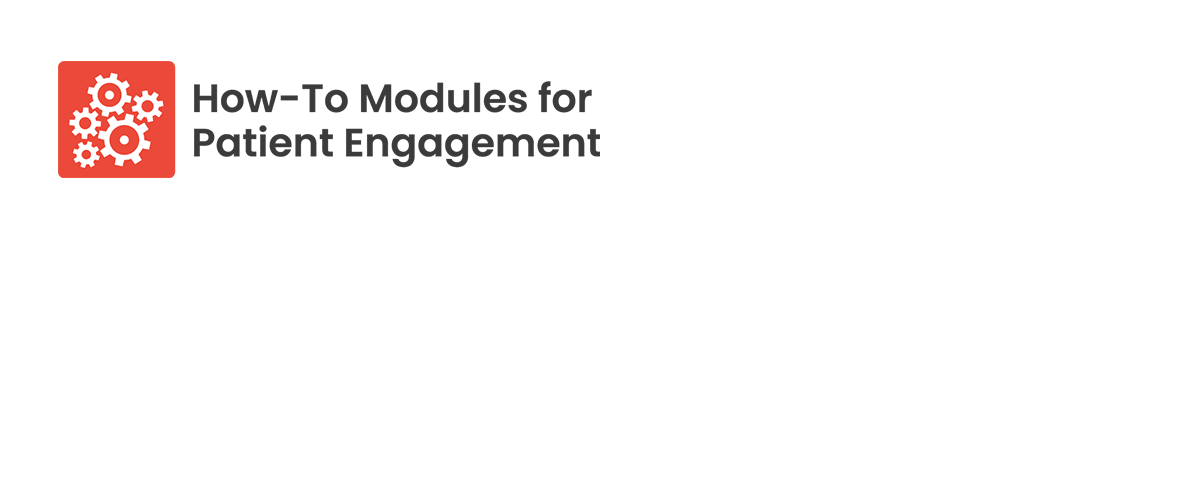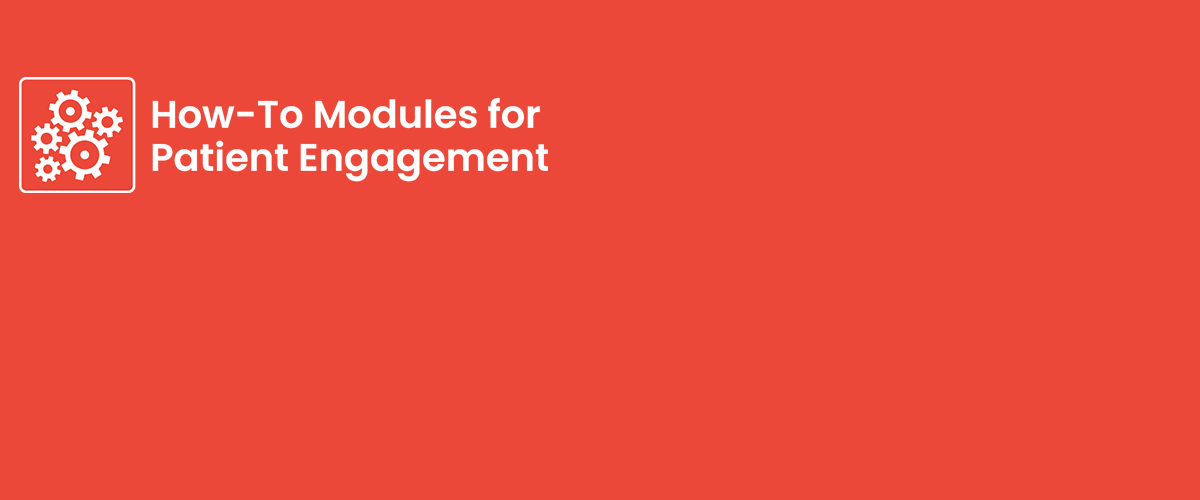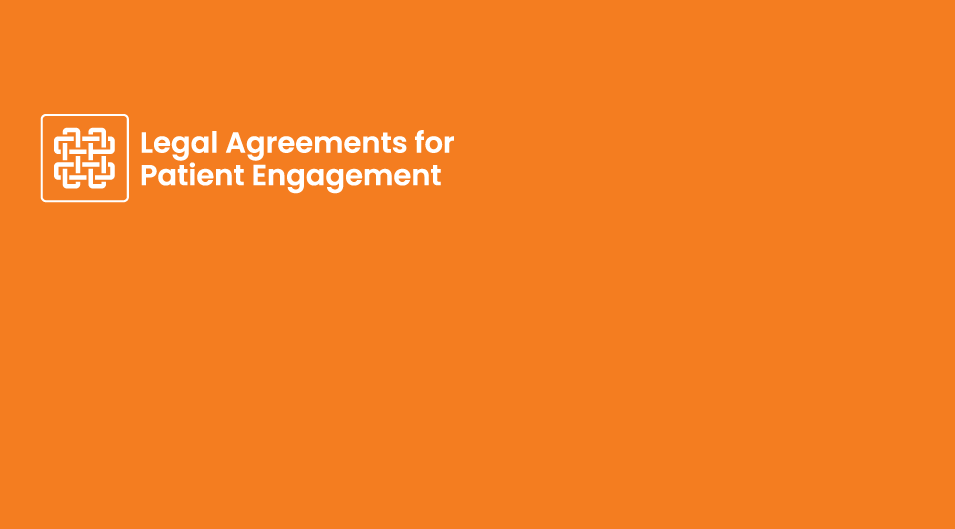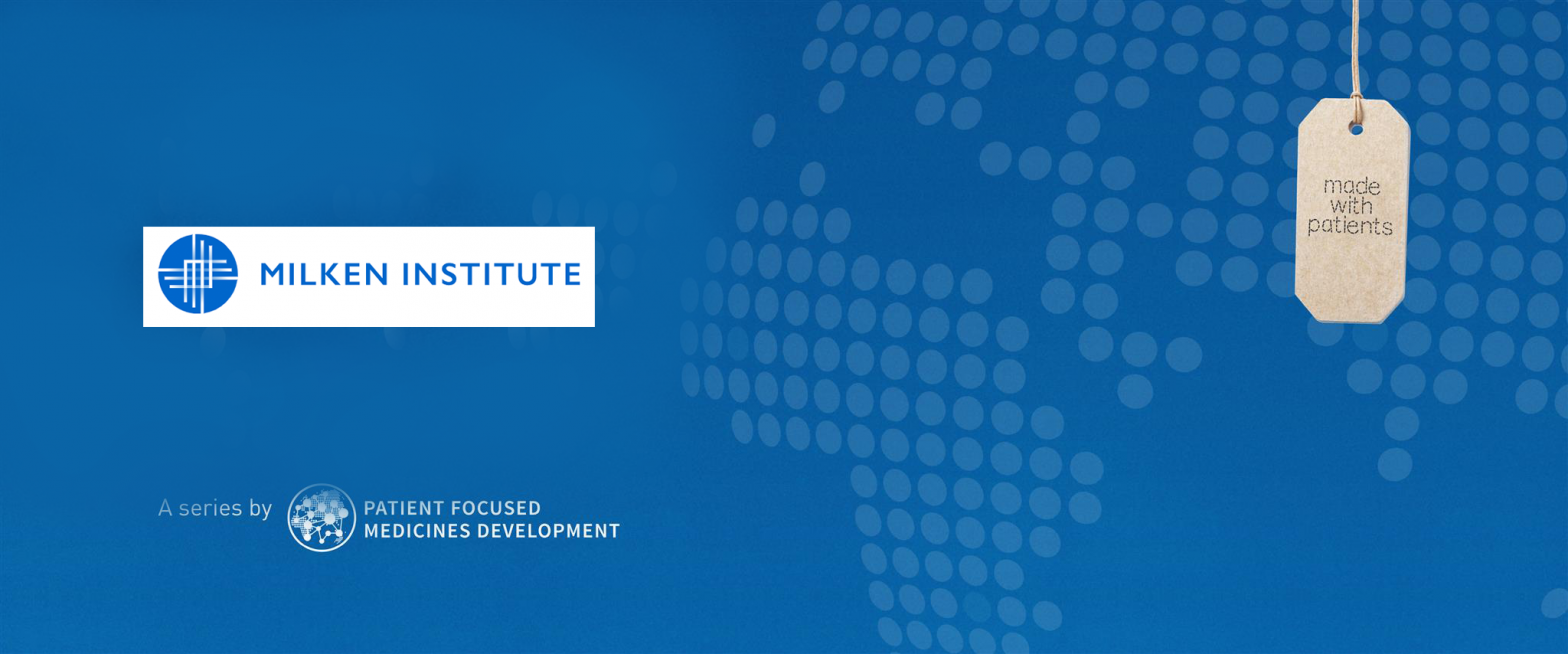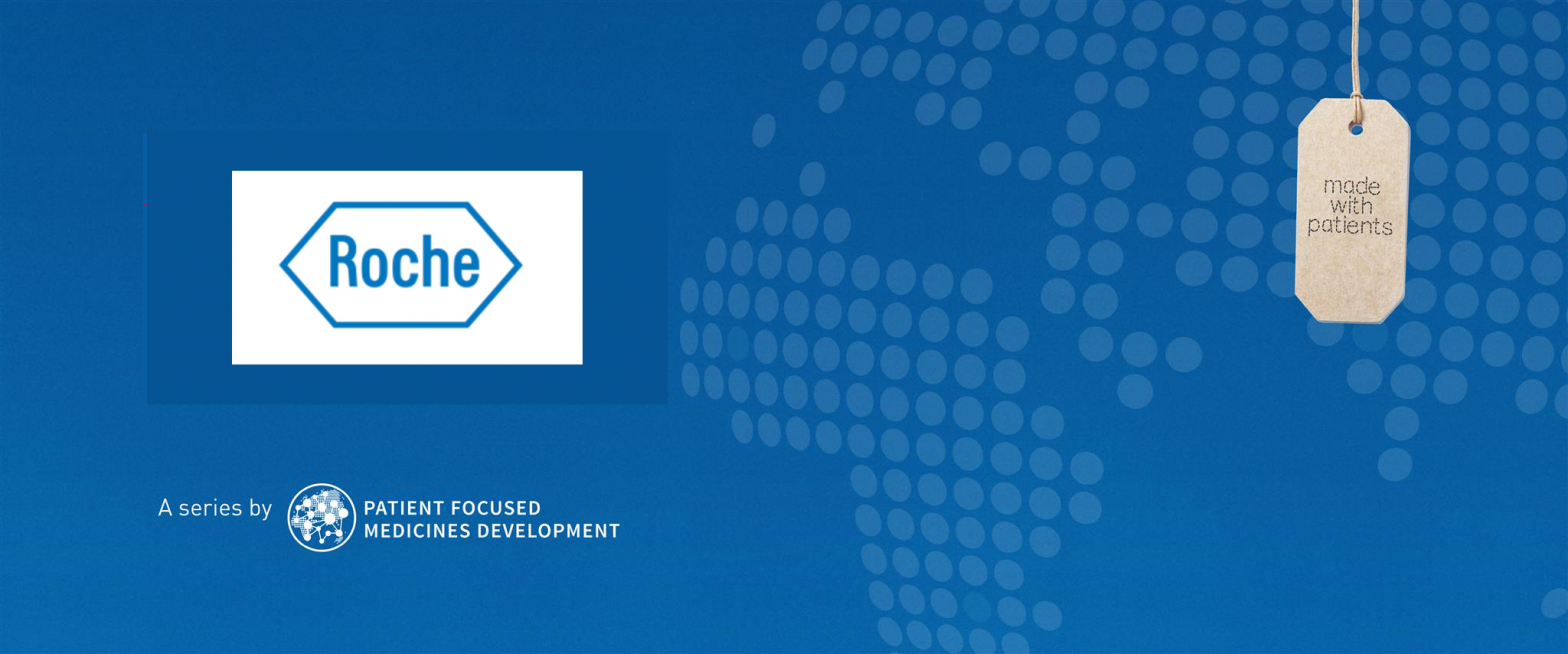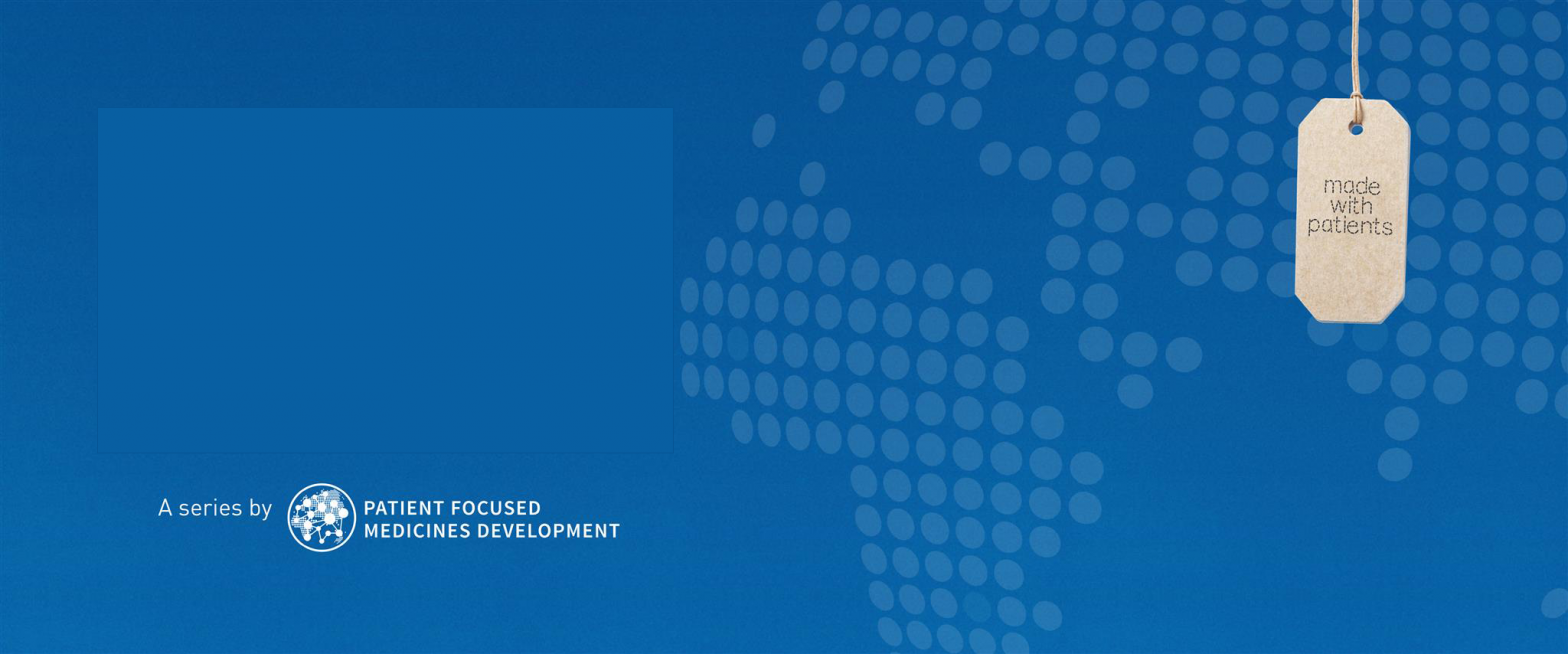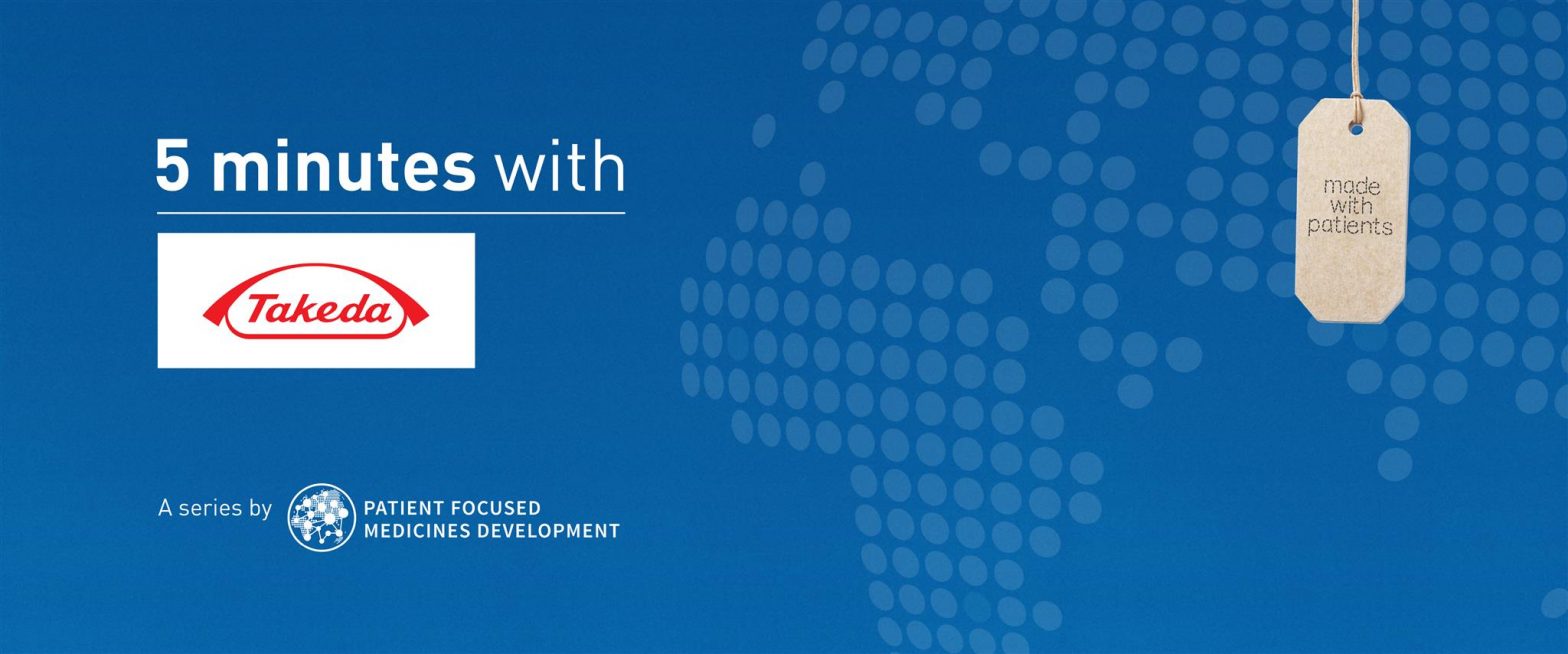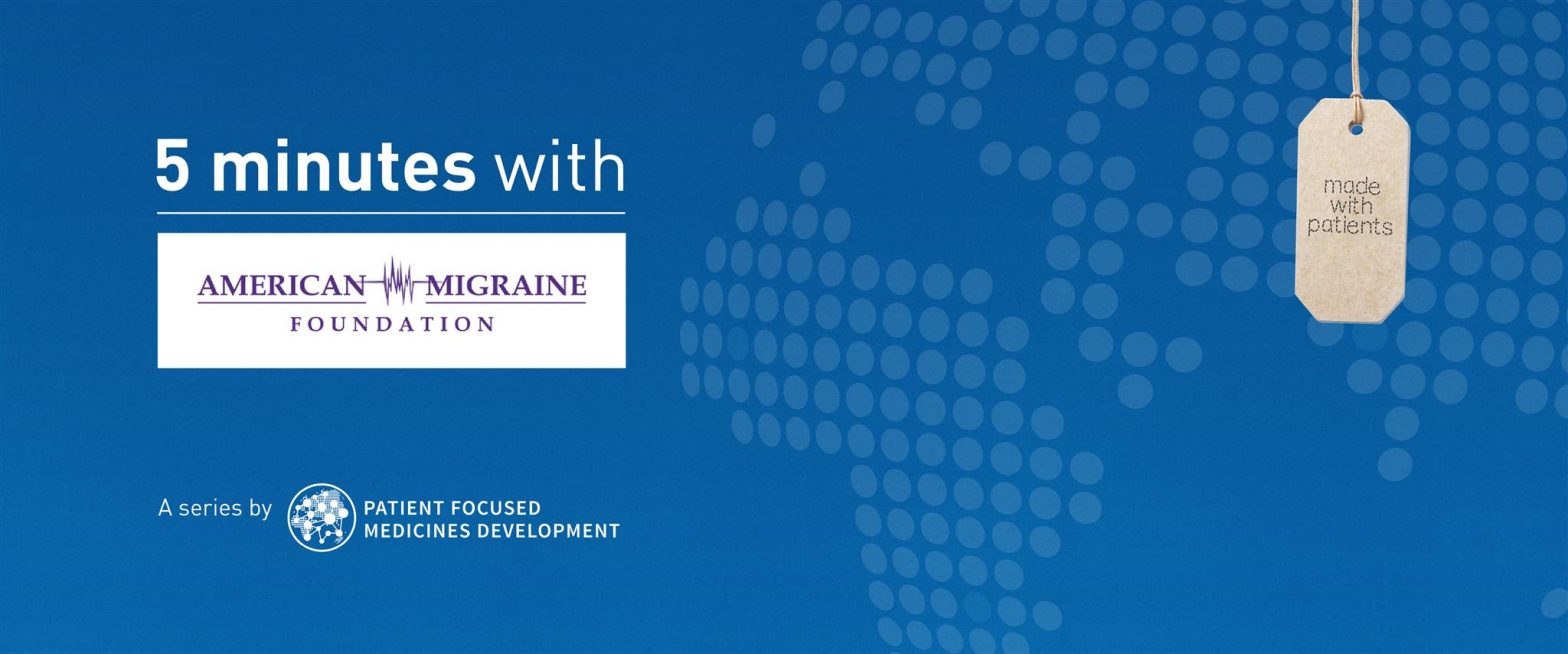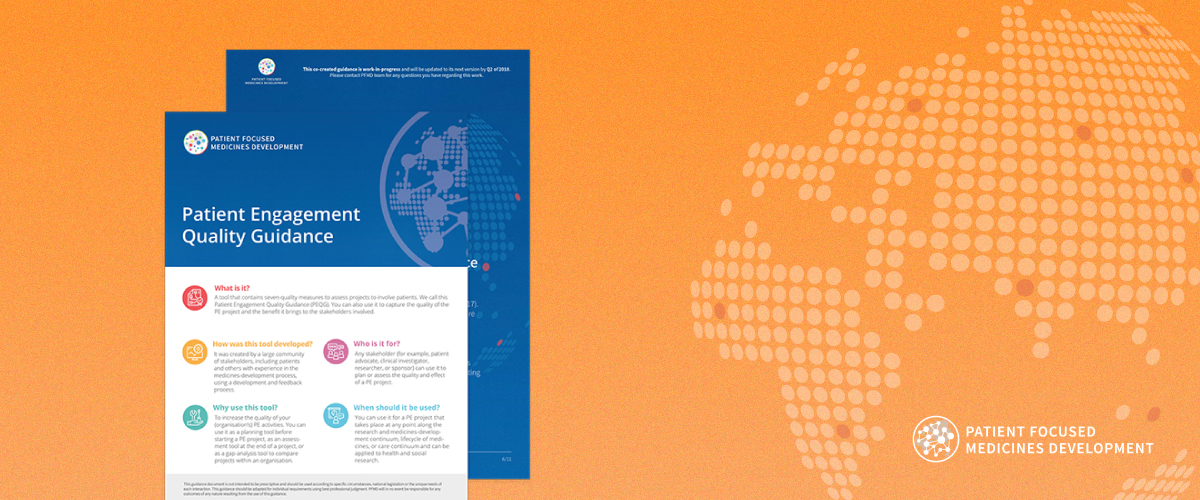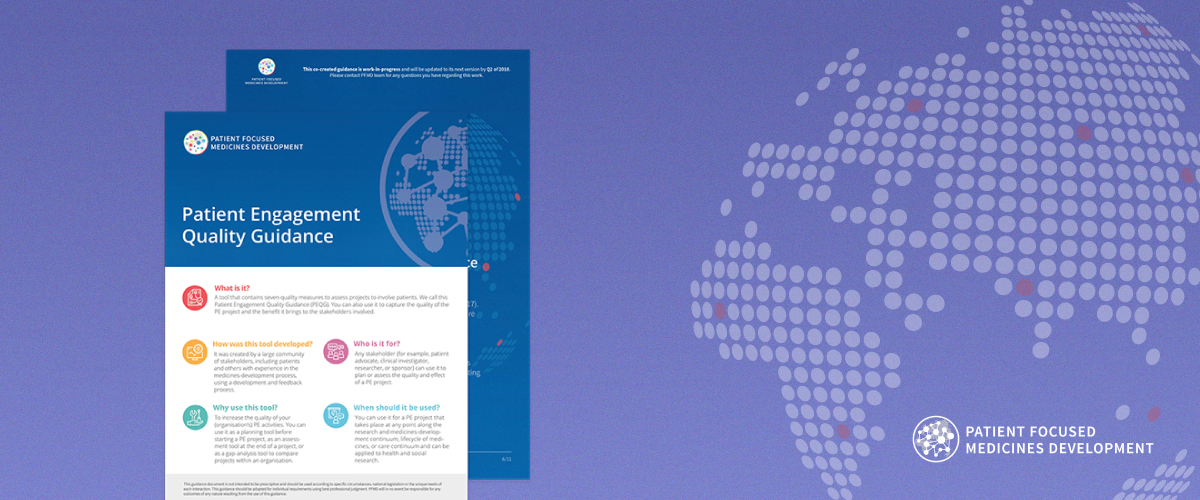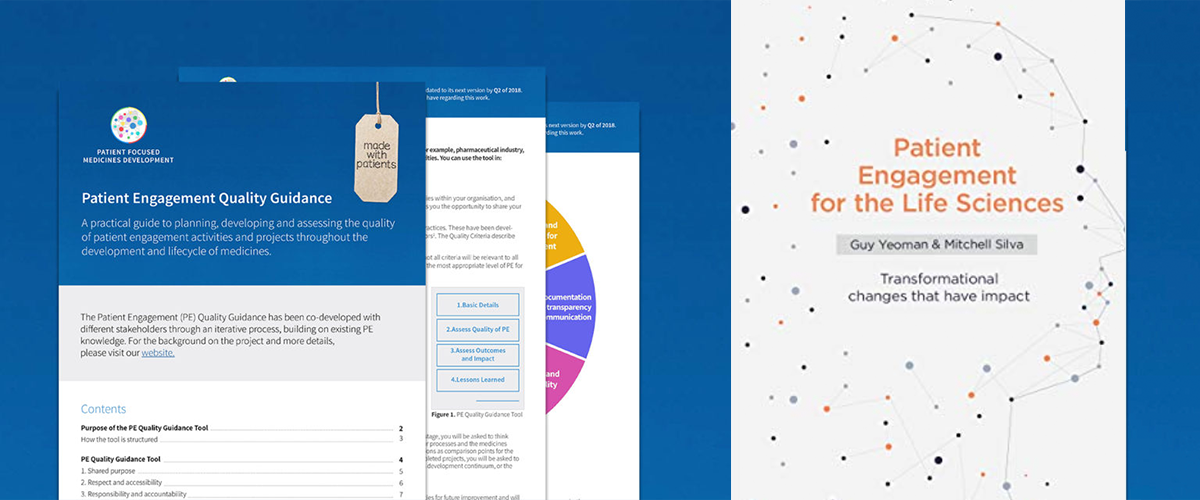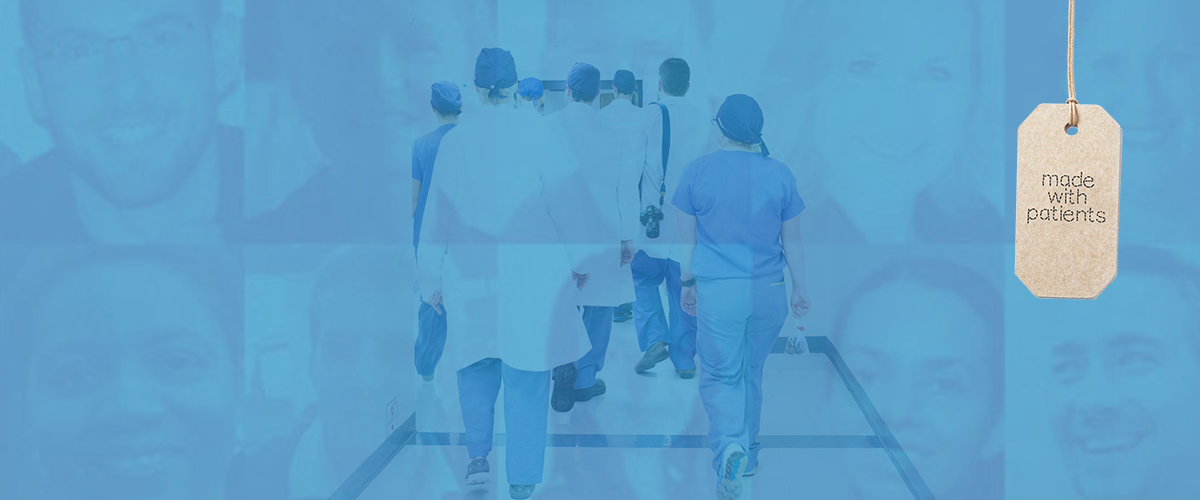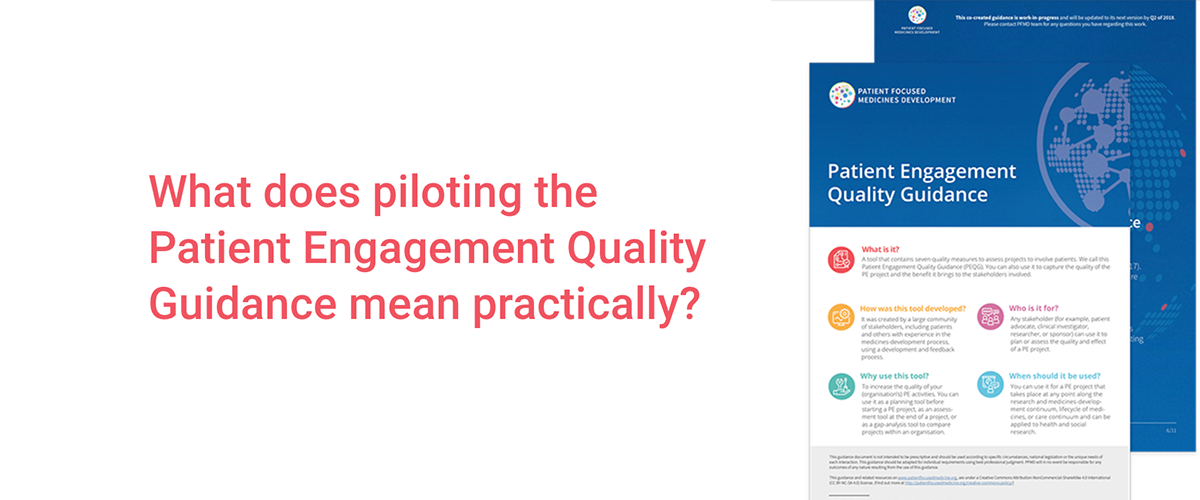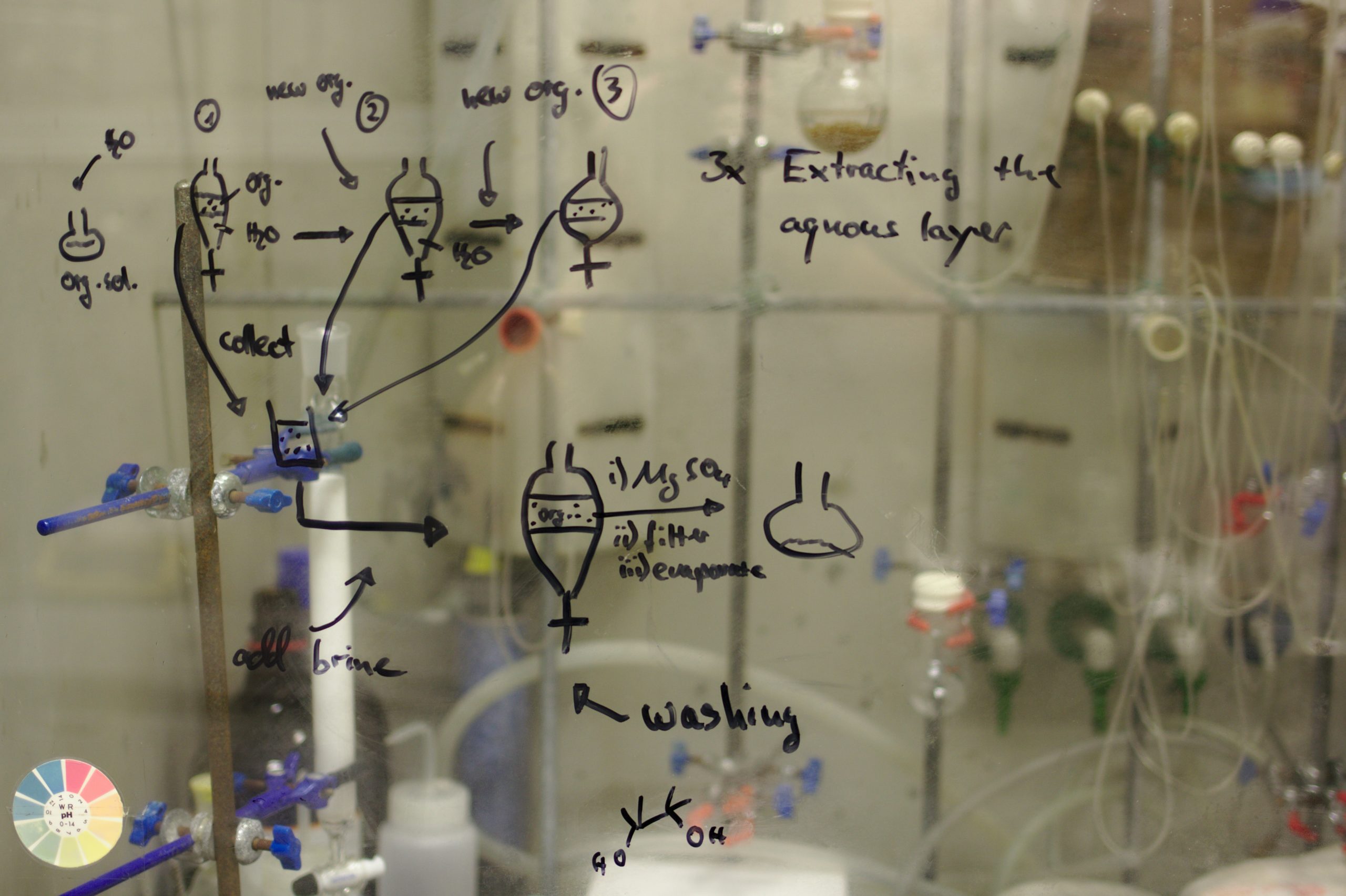As patient engagement (PE) gains momentum, some argue that everyone from pharma executives and patient groups to regulators and payers should be required to earn a PE certificate
‘Patients are becoming key decision-makers in medicines development and in healthcare in general. They will have greater control,’ says Katherine Capperella, VP, Global Patient Engagement Leader at J&J. ‘It is vital that everyone in the system is ready for this.’
Education will be central to building capacity and know-how in companies, patient organisations and beyond. That’s where the PFMD PE training comes in. The course offers an introduction to patient engagement (PE) along with modules on how to make it happen. Certificates of completion are available to those who pass short tests at the end of each session.
According to Daniel De Schryver, Patient Engagement and Advocacy Lead for J&J for Europe, the Middle East and Africa, this kind of PE education should be a fundamental requirement for anybody working in medicines development. ‘I think anyone working in healthcare should complete an introductory course in PE,’ he says. ‘It is such a significant part of our current and future work, yet so many people are unaware of the basics.’
As well as making PE mainstream in industry, Katherine and Daniel envision training as a way to develop awareness among regulators and payers where some are wary of patient-industry interaction: ‘If you cannot see that the best outcomes for patients come from the close collaboration of all stakeholders, including patients, you are not yet equipped to work in health and medicines.’
Requirement for new hires
J&J is playing its part. The training is available to all employees globally and is in the process of being assigned to various groups in R&D, Commercial and others. The company has rolled out PE training to all employees in some key regions – including Europe, Middle East and Africa (EMEA). In other regions, the company is focusing on introducing training based on their role.
Daniel believes PE is becoming so deeply embedded in the sector that employees will ultimately be expected to complete the training regardless of their function. ‘In EMEA, we have added the training course to our online system which sends reminders to colleagues to complete relevant modules.’
The company has also incorporated the course into onboarding training for new hires, although it is not yet compulsory for all employees. J&J were early adopters of the PE training when it was launched in early 2020. To date, approximately 1,000 employees have completed the course.
‘The feedback has been positive,’ says Katherine. ‘Colleagues have found it inspiring and, for some, it was an eye-opener. We speak a lot about patient engagement but it’s also good for people to hear this supported by an outside voice such as PFMD.’
However, training alone will not deliver the fundamental shift required to change company processes. ‘The training is fantastic, and it helps a lot, but engagement is something you do not just a new way of thinking.’
In a process-based industry, it will be important that additional training modules ‘go deep’ to reflect how individual organisations operate. ‘People are comfortable with their own ways of doing things so we may need to adapt training to fit the needs of individual companies,’ Daniel adds.
Perhaps the future will see optional training tailored to the needs of advanced PE practitioners – alongside compulsory ‘PE licenses’ for entry-level employees in the medical sector. ‘PE is everybody’s responsibility,’ says Daniel.



